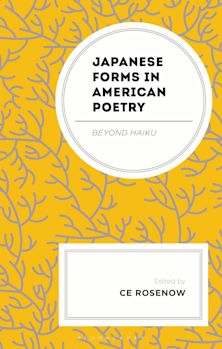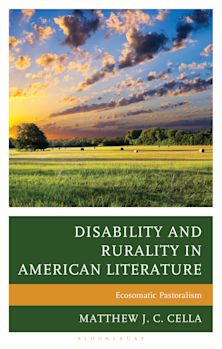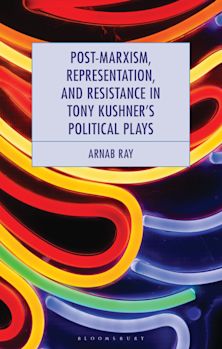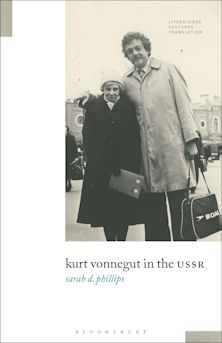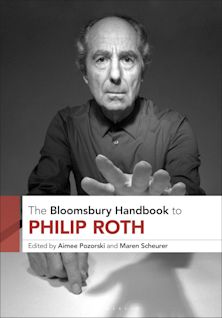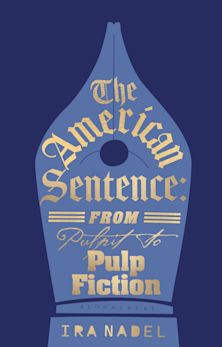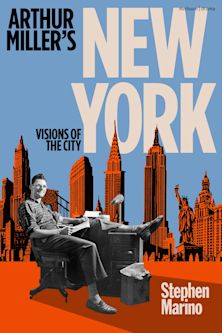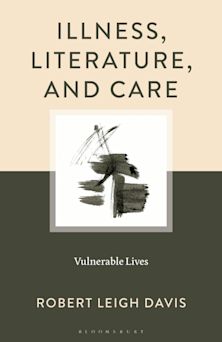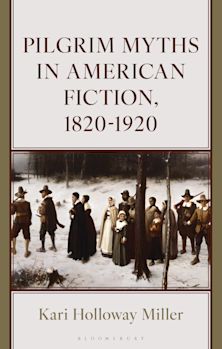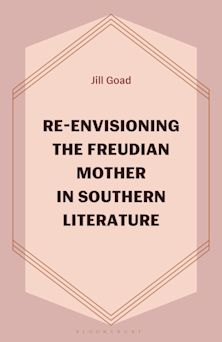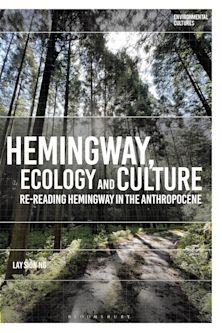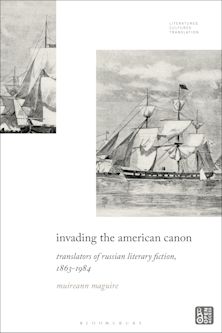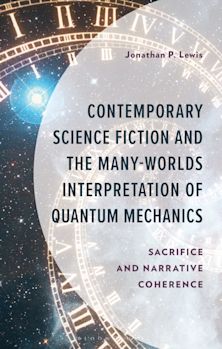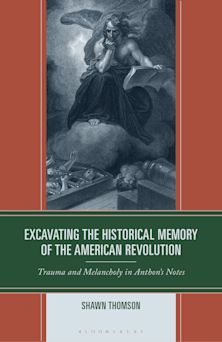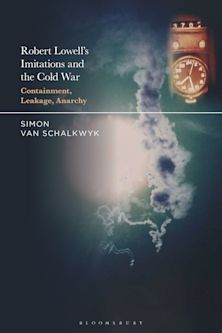- Home
- ACADEMIC
- Literary Studies
- North American and Caribbean Literature
- Women Writing the American Artist in Novels of Development from 1850-1932
Women Writing the American Artist in Novels of Development from 1850-1932
The Artist Embodied
Women Writing the American Artist in Novels of Development from 1850-1932
The Artist Embodied
This product is usually dispatched within 2-4 weeks
- Delivery and returns info
-
Flat rate of $10.00 for shipping anywhere in Australia
You must sign in to add this item to your wishlist. Please sign in or create an account
Description
In nineteenth- and early twentieth-century artist novels, American women writers challenge cultural, social, and legal systems that attempt to limit or diminish women’s embodied capabilities outside of the domestic. Women writers such as E.D.E.N. Southworth, Elizabeth Stuart Phelps, Kate Chopin, Willa Cather, Jessie Fauset, and Zelda Fitzgerald use the artist novel to highlight the structural and material limitations that women artists face when attempting to achieve critical success while navigating inequitable marriages and social codes that restrict women’s mobility, education, and pursuit of vocation. These artist-rebel protagonists find that their very bodies demand an outlet to articulate desires that defy patriarchal rhetoric, and this demand becomes an artistic drive to express an embodied knowledge through artistic invention. Ultimately, these women writers empower their heroines to move beyond prescribed patriarchal identities in order to achieve autonomous subjectivity through their artistic development, challenging stereotypes surrounding gender, race, and ability and beginning to reshape cultural notions of marriage, motherhood, and artistry at the turn of the twentieth century.
Table of Contents
Chapter Two: Disabling Marriage and the Woman Artist in Elizabeth Stuart Phelps's The Story of Avis
Chapter Three: Embracing Fate: Artistry and Autonomy in Kate Chopin's The Awakening
Chapter Four: 'That sensuous form': Corporeal Artistic Creation in Willa Cather's The Song of the Lark
Chapter Five: The Body at Play: Artistic Passing in Jessie Fauset's Plum Bun
Chapter Six: The Cult of Artistry in Zelda Fitzgerald's Save me the Waltz
Product details
| Published | 06 May 2021 |
|---|---|
| Format | Hardback |
| Edition | 1st |
| Extent | 244 |
| ISBN | 9781793610348 |
| Imprint | Lexington Books |
| Dimensions | 228 x 163 mm |
| Publisher | Bloomsbury Publishing |
About the contributors
Reviews
-
In Women Writing the American Artist in Novels of Development from 1850-1932: The Artist Embodied, Rickie-Ann Legleitner makes a substantial contribution to the scholarship on the female artist novel of development through compelling analyses of patriarchal America’s resistance to recognizing women artists as creators of high art. In five Künstleromane published between 1850 and 1932, Legleitner focuses on how her selected women writers reconfigure accepted domestic and sentimental themes into declarations of female individualism and autonomy that establish the female body’s generative capabilities not only for corporeal reproduction but for liberating cultural production. Complicating the analyses through tropes of race, ethnicity, class and ability, the study examines the female fictional artists negotiating private and public spaces, the home and the marketplace, much as the women writers who created them did.
Rita Bode, Professor of English Literature, Trent University
-
Rickie-Ann Legleitner’s The Artist Embodied significantly advances scholarship on the American Künstlerroman, Legleitner’s scope is both impressive and inclusive: it is hard to remember another study that bookends E.D.E.N. Southworth and Zelda Fitzgerald. Dramatizing the cultural boundaries that impede female creatives’ transformation from object to agent, this study dissects links between the craft and the body and between incarnation and imprisonment. Willa Cather and Kate Chopin fans will find compelling new insights, while those who need a refresher on Elizabeth Stuart Phelps and Jesse Fauset will rediscover why recovering their work has been so culturally crucial.
Kirk Curnutt, Executive Director, The F. Scott Fitzgerald Society
-
Women Writing the American Artist in Novels of Development from 1850-1932 does not shy away from addressing some of the most persistent and, it must be said, pernicious suppositions about women's writing. Refreshingly, it does so not through hagiography of its subjects or setting up a battle of the sexes. Instead, it offers a reading of the development of women's writing on its own terms from the mid-nineteenth century to the modernist age.
The Fitzgerald Review

ONLINE RESOURCES
Bloomsbury Collections
This book is available on Bloomsbury Collections where your library has access.












